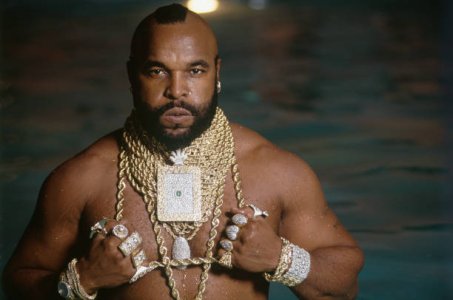Rube Reaper
Elite
At the center of this debate was Harvard law professor Adrian Vermeule, whose latest book served as the ostensible subject of the symposium. In conservative legal circles, Vermeule has become the most prominent proponent of “common good constitutionalism,” a controversial new theory that challenges many of the fundamental premises and principles of the conservative legal movement. The cornerstone of Vermeule’s theory is the claim that “the central aim of the constitutional order is to promote good rule, not to ‘protect liberty’ as an end in itself” — or, in layman’s terms, that the Constitution empowers the government to pursue conservative political ends, even when those ends conflict with individual rights as most Americans understand them. In practice, Vermeule’s theory lends support to an idiosyncratic but far-reaching set of far-right objectives: outright bans on abortion and same-sex marriage, sweeping limits on freedom of expression and expanded authorities for the government to do everything from protecting the natural environment to prohibiting the sale of porn.

 www.politico.com
www.politico.com
Vermeule coined the term “common good constitutionalism” to describe his alternative theory, and he was not coy about what it would entail. Unlike originalists and legal liberals, common good constitutionalists would not “suffer from a horror of political domination and hierarchy,” and they would display a “candid willingness to ‘legislate morality.’” In sharp contrast to libertarian conservatives, common good constitutionalists would favor “a powerful presidency ruling over a powerful bureaucracy.” On the Constitutional front, “The Court’s jurisprudence on free speech, abortion, sexual liberties, and related matters [would] prove vulnerable” to new challenges.

Critics Call It Theocratic and Authoritarian. Young Conservatives Call It an Exciting New Legal Theory.
‘Common good constitutionalism’ has emerged as a leading contender to replace originalism as the dominant legal theory on the right.
Vermeule coined the term “common good constitutionalism” to describe his alternative theory, and he was not coy about what it would entail. Unlike originalists and legal liberals, common good constitutionalists would not “suffer from a horror of political domination and hierarchy,” and they would display a “candid willingness to ‘legislate morality.’” In sharp contrast to libertarian conservatives, common good constitutionalists would favor “a powerful presidency ruling over a powerful bureaucracy.” On the Constitutional front, “The Court’s jurisprudence on free speech, abortion, sexual liberties, and related matters [would] prove vulnerable” to new challenges.
Last edited:








